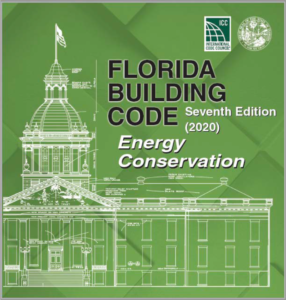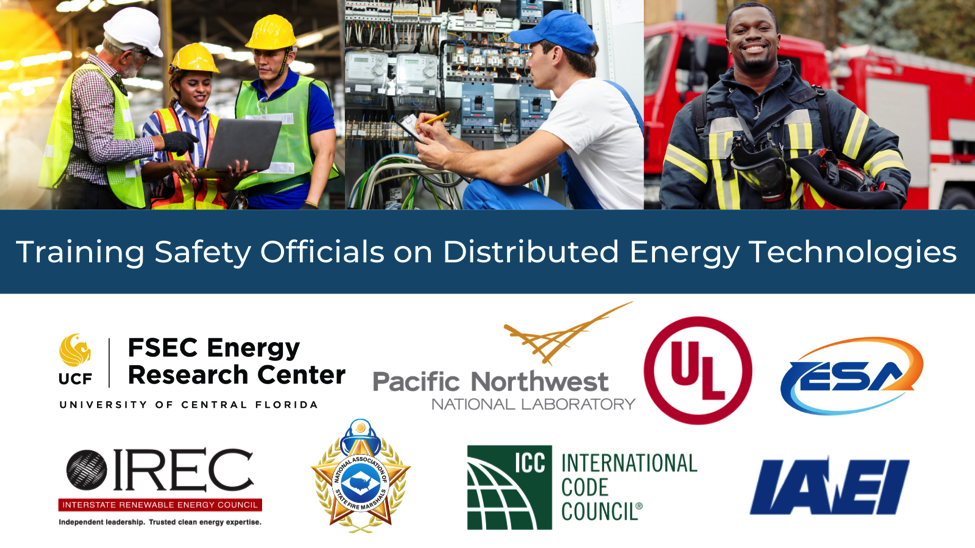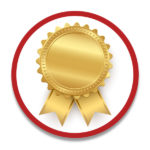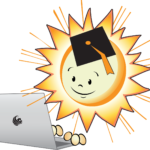
COCOA, FL, Aug. 4, 2021—Your home may be the most comfortable place to be during an epidemic, until someone’s infected. If someone in your household gets COVID-19 or another airborne disease, how can you prevent it from spreading to others in your home? This question is the basis of a recently completed research project at the FSEC Energy Research Center, a research institute at the University of Central Florida.
Using a full-scale laboratory home, UCF researchers evaluated methods to create an isolation zone in a single-family home where an infected person could remain separated from the rest of the occupants. The researchers found that a basic isolation zone for a contagious person could be created with little cost and effort.
They will present their findings in an upcoming webinar on Thursday, Aug. 12 at 3 p.m. EST.
FSEC’s Buildings Research Division has been investigating energy, moisture and airflow dynamics in buildings since 1980. Researchers pitched the idea to the National Renewable Energy Laboratory (NREL). The U.S. Department of Energy provided the funding for the study, while NREL provided oversight.
The idea for the research project originated from the need to solve a problem many people have recently faced.
“After reading a story about the efforts a wife and child were making to stay healthy while caring for an infected husband in their home, we felt we might be able to help these situations by applying what we know about how air moves in homes,” says Danny Parker, a principal research scientist at the FSEC Energy Research Center. “The risks of airborne COVID-19 transmission are much greater indoors than outdoors, and the need for a means of control was great.”
 The 7th Edition Florida Building Code (2020) includes a number of changes to the Energy Conservation Code that will impact how new Florida buildings are constructed, lit, and controlled. Learn about the new changes and earn continuing education credits by attending live webinar training courses offered by the FSEC Energy Research Center. Register by July 14*.
The 7th Edition Florida Building Code (2020) includes a number of changes to the Energy Conservation Code that will impact how new Florida buildings are constructed, lit, and controlled. Learn about the new changes and earn continuing education credits by attending live webinar training courses offered by the FSEC Energy Research Center. Register by July 14*.
 If you missed the live EnergyWhiz Awards announcement, you can see the recording at:
If you missed the live EnergyWhiz Awards announcement, you can see the recording at: 